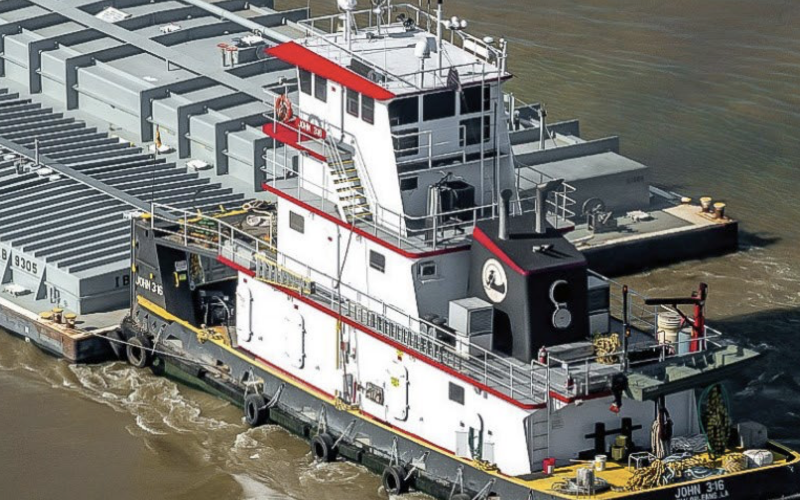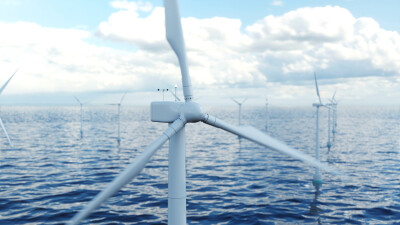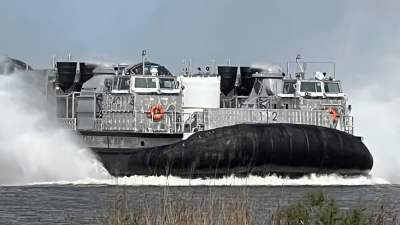The pilot of a towing vessel that hit a pier near Saint Rose, La., last year was feeling effects of “an accumulated sleep debt” when he fell asleep, the National Transportation Safety Board said Wednesday.
The pilot of the John 3:16, a 70.6’x28’x10’ Marquette Transportation towboat, was navigating upriver on the Lower Mississippi River on Sept 12, 2023. While running light with no barges at 7 knots, the towboat began turning to starboard at 6:40 a.m. and contacted an industrial pier at 06:41:42, according to a new NTSB report.
The John 3:16 was moving at 6 knots according to Automatic Identification System data and the vessel’s electronic chart playback. The pilot told investigators that the last thing that he remembered before the contact was passing another towing vessel at 6:36 a.m.
NTSB investigators concluded the pilot had less than two hours of continuous sleep before taking the watch, and likely received less than five hours of sleep combined over the two days before striking the pier.
The final cost to repair the towing vessel and pier was $285,441.
“A sleep deficit of as little as two hours can result in acute sleep loss and associated performance decrements, including decreased attention, slower reaction time, reduced vigilance, poor decision-making, and an inability to stay awake,” investigators found.
Fatigue is often a factor in marine casualties investigated by the NTSB. “Fatigue affects all aspects of human performance, including decision-making, alertness, and reaction time, all of which affect a mariner’s ability to safely navigate a vessel,” investigators said. “Mariners should understand the performance effects of sleep loss and recognize the dangers of working on board a vessel while fatigued.” One of the on-watch deckhands told investigators he did not hear the general alarm, or any other alarm, before hitting the pier. Closed circuit video recorded at the pier showed that 10 seconds after the contact, the propeller wash from the John 3:16’s engines stopped, and, after another 10 seconds, the John 3:16 began to back away from the pier, according to the NTSB. “The deckhand woke the off-watch crew and went to the wheelhouse to check on the pilot. When the deckhand entered the wheelhouse, the pilot acknowledged him and asked him to check for damages and any water ingress,” the report notes. The deckhand “confirmed there was no water ingress, and then proceeded to clean up items that had fallen because of the contact.”” The pilot notified his company’s port captain told the port captain that he had fallen asleep. Cell phone records indicated the pilot had used his phone while operating the vessel, but there were no text messages or phone calls in the 30 minutes leading up to the contact. Investigators concluded the pilot was not distracted by cell phone use. However the pilot “noted that he was dealing with personal stressors in the days before the contact. These stressors resulted in increased cell phone use during his off-watch time,” investigators wrote. After reviewing cell phone records, investigators found that “because of his cell phone use during his off-watch time, the pilot had an opportunity for less than 2 hours of continuous sleep before taking the casualty watch.” “Obtaining quality, uninterrupted sleep on board a vessel is often challenging due to shipboard environmental factors and external distractions such as cell phones,” investigators said. “It is important that mariners get enough sleep during each off-watch period, so they remain alert when assuming watch.” |
|





